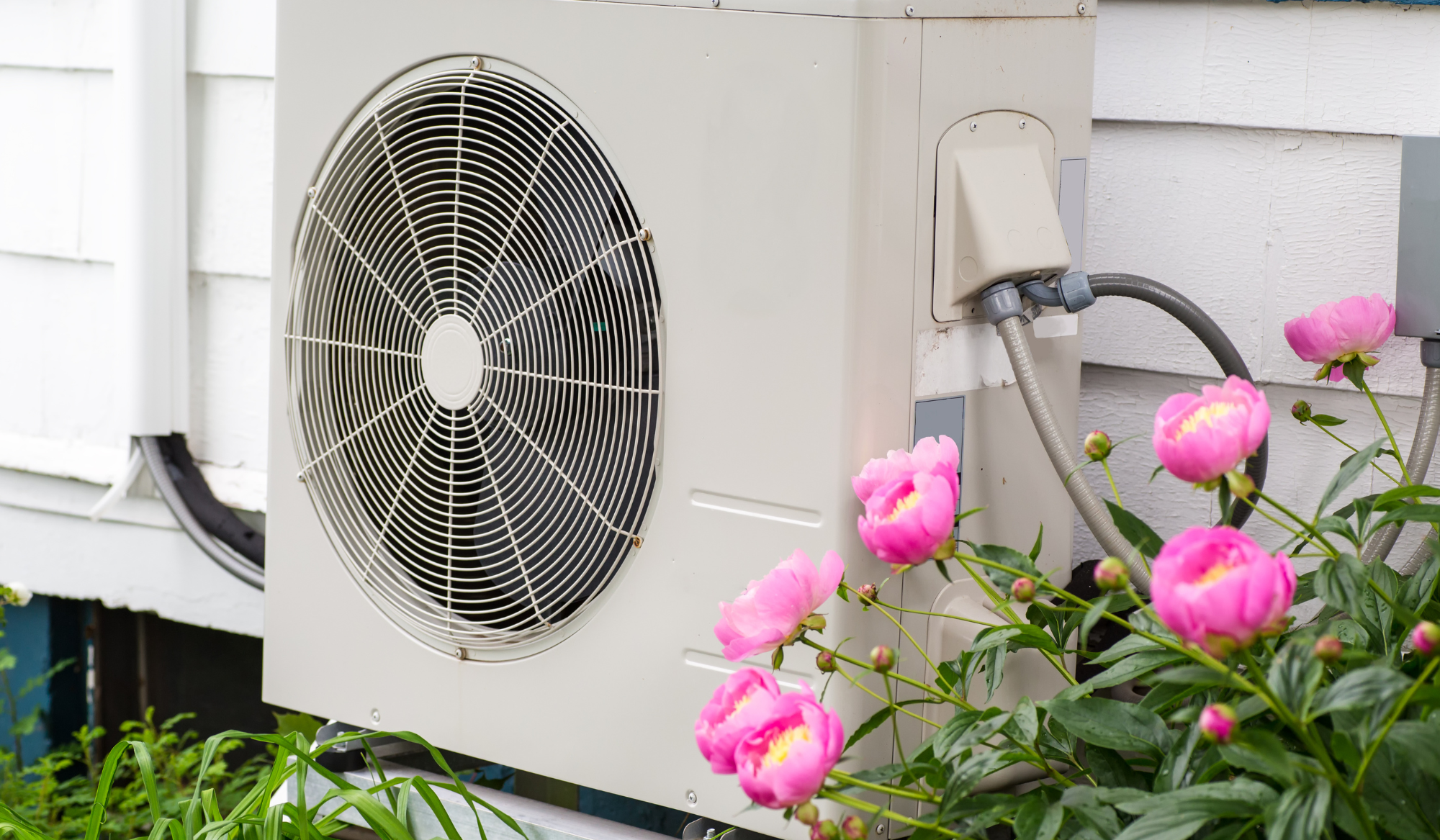Our Office: 4100 32nd Ave. S. Fargo, ND 58104
Small device = BIG savings for CCEC members

Cass County Electric Cooperative (CCEC) strives to provide a personal touch to the way we do business. To achieve that goal, we developed our energy management programs (off-peak) in our members’ interest. We designed these programs to make your life easier, more comfortable, and affordable. Off-peak electric heating is one of the most efficient and economical ways to heat your home. Residential and commercial members alike endorse the programs because they understand that they provide members with the most value for their energy dollars.
The energy management program began as a way to manage power during peak seasonal need without building additional generation resources. CCEC views this program as a tool to keep rates stable by reducing or avoiding purchasing high-cost energy from the wholesale energy market when demand for electricity is peaking.
“Off-peak” is a term used to define loads that are controlled and “off” during “peak” times of electricity demand. The voluntary program allows the cooperative to temporarily interrupt service to a member’s participating loads during high demand or “peak” times - like electric heating, large-capacity water heaters, and electric vehicle charging - in exchange for a lower electric rate during “off-peak” times.
CCEC pioneered its energy management program in 1974 when the West Acres Mall – one of our larger members at that time – was warned by its fuel supplier that its heating needs might go unmet. CCEC fulfilled their need and served 3 MW of heating to their electric boilers.
CCEC’s energy management umbrella includes:
1. Residential
a. Small capacity water heaters
b. Daily cycle load
i. Large-capacity water heaters
ii. Floor heat
c. Dual heat
d. Cooling/Air conditioning
e. Electric vehicle charging
2. Commercial – generators
3. Agriculture
a. Grain drying
b. Irrigation
An energy management computer at Minnkota Power Cooperative’s (CCEC’s wholesale power provider) headquarters is the brains of the system. It tracks the demand peaks, records when the peak times occur, and helps the control center operators determine the need for load control. When control is needed, the computer sends the control message via the power line. This signal is read by individually programmed ripple or load control receivers at your home, farm, or business.
When CCEC’s system reaches a high demand “peaking” condition, the electric heat is automatically turned off, and a ripple receiver activates an alternate heating source such as fuel oil or propane to keep your home at the preferred temperature. If the system is sized and installed correctly, you will not even notice you are being controlled – the switching is seamless.
When members are controlled, CCEC avoids paying peak demand charges for that electricity. These savings are passed along to off-peak members through low off-peak heating rates, which are competitive against other sources. CCEC’s energy management program has helped strengthen the grid’s reliability, saving members millions of dollars in the process.
Demand is a significant portion of CCEC’s power costs, so members who participate in the off-peak programs help shed demand during peak hours and provide tremendous savings for the wholesale power provider (Minnkota), the distribution co-op (CCEC), and the members. It
is a win-win-win situation.
By temporarily controlling members who participate in the off-peak programs, members help the cooperative avoid building new power plants to meet peak electricity demand.
Today, CCEC has nearly 10,600 accounts involved in load management, allowing the cooperative to shed nearly 45 MW from its summer peak. That means, in the summer, when intermittent energy sources are not producing, CCEC can curtail almost 20% of its total summer peak. The winter capability is more substantial, with the ability to shed up to 100 MW or 40% of its load. In 2020, the total off-peak rate/credit savings to all members was $14,182,664.
To learn how off-peak may work for you, please contact our energy management department at 701-356-4400.
Instagram LinkedIn Twitter
